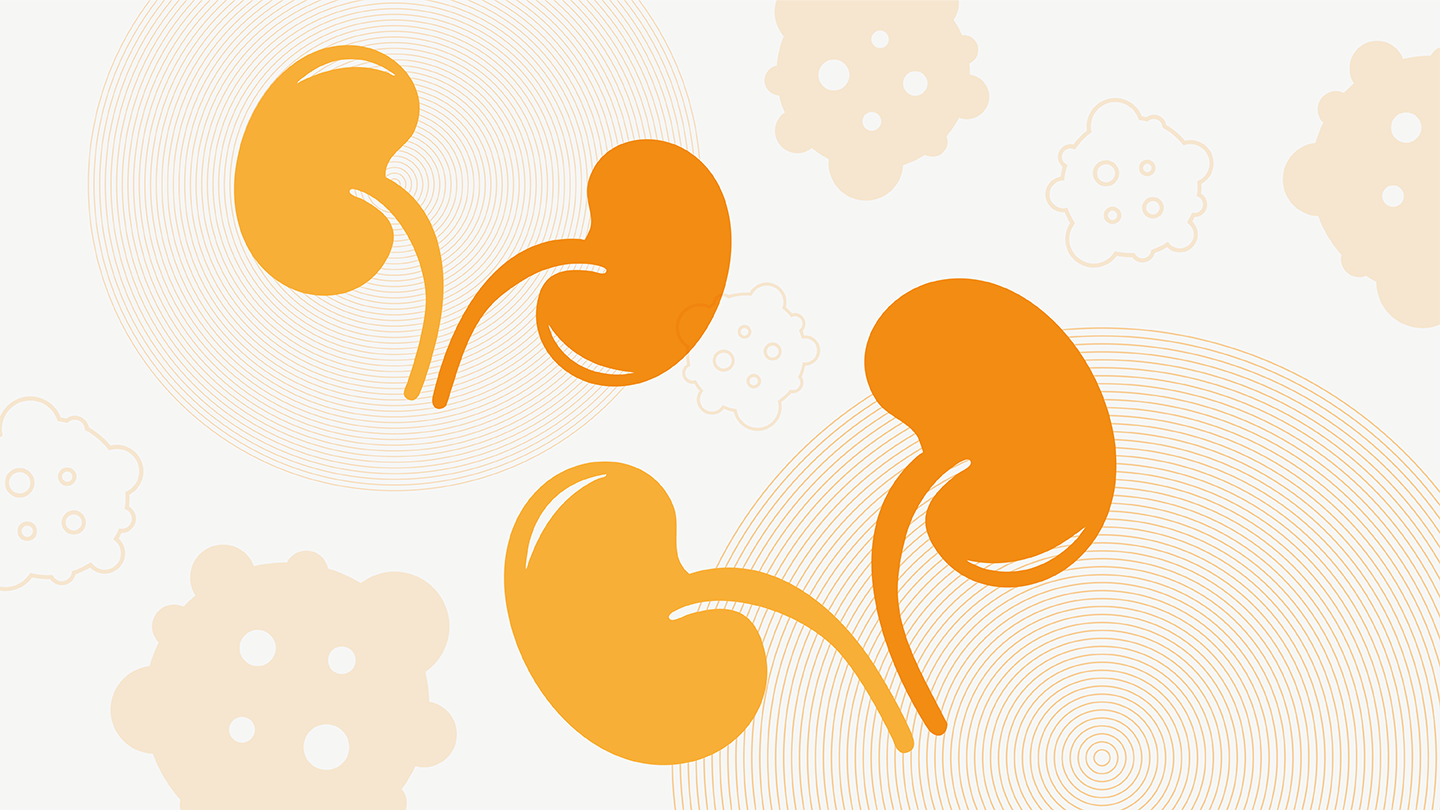
A simple urine test could help detect early recurrence of kidney cancer after surgery and significantly reduce the need for routine CT scans, according to new research presented at the European Association of Urology (EAU) Congress in Madrid.
The international study – AUR87A – focuses on clear cell renal cell carcinoma (ccRCC), which is responsible for up to 90 percent of kidney cancer cases worldwide, with around 400,000 diagnoses each year. Notably, one in five patients who undergo kidney resection experience recurrence within five years.
Currently, surveillance relies heavily on regular CT scans every 6 to 12 months. Though effective, these scans are costly, expose patients to radiation, and often detect small, inconclusive lesions that require repeated follow-up.
The new approach analyzes urine to determine the presence of sugar-based molecules called glycosaminoglycans, which forms a molecular profile known as the "GAGome." Mass spectrometry analysis produces a GAGome score out of 100, with a score greater than 12 classed as a positive result.
In the study’s initial phase, 134 patients from 23 hospitals across the UK, EU, USA, and Canada were monitored after surgery using both CT scans and a urine test every three months. Over an 18-month period, 15 percent of patients experienced cancer recurrence. The GAGome test correctly identified 90 percent of those cases and reliably ruled out recurrence in 97 percent of patients with a negative test result – a level of accuracy comparable to that of CT imaging.
Carmen Mir Maresma, from the EAU Scientific Congress Office, attributed the test’s accuracy to its multibiomarker approach. “The test is based on a suite of biomarkers, rather than just one molecule, which provides a more robust basis for making decisions on treatment,” he said.
Further research is necessary to determine whether prognostic testing will save patients’ lives, but the economic benefits could be significant. “Based on the results we have so far, it’s likely that we could safely halve the number of scans that patients have to undergo,” said lead investigator Saeed Dabestani.




